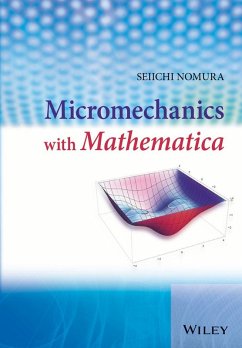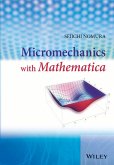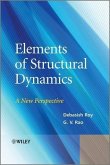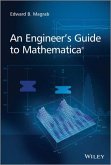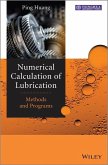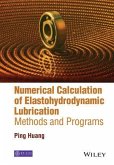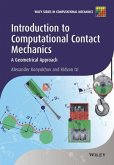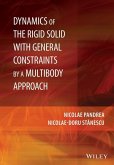Demonstrates the simplicity and effectiveness of Mathematica as the solution to practical problems in composite materials. Designed for those who need to learn how micromechanical approaches can help understand the behaviour of bodies with voids, inclusions, defects, this book is perfect for readers without a programming background. Thoroughly introducing the concept of micromechanics, it helps readers assess the deformation of solids at a localized level and analyse a body with microstructures. The author approaches this analysis using the computer algebra system Mathematica, which facilitates complex index manipulations and mathematical expressions accurately. The book begins by covering the general topics of continuum mechanics such as coordinate transformations, kinematics, stress, constitutive relationship and material symmetry. Mathematica programming is also introduced with accompanying examples. In the second half of the book, an analysis of heterogeneous materials with emphasis on composites is covered. Takes a practical approach by using Mathematica, one of the most popular programmes for symbolic computation * Introduces the concept of micromechanics with worked-out examples using Mathematica code for ease of understanding * Logically begins with the essentials of the topic, such as kinematics and stress, before moving to more advanced areas * Applications covered include the basics of continuum mechanics, Eshelby's method, analytical and semi-analytical approaches for materials with inclusions (composites) in both infinite and finite matrix media and thermal stresses for a medium with inclusions, all with Mathematica examples * Features a problem and solution section on the book's companion website, useful for students new to the programme
Dieser Download kann aus rechtlichen Gründen nur mit Rechnungsadresse in A, B, BG, CY, CZ, D, DK, EW, E, FIN, F, GR, HR, H, IRL, I, LT, L, LR, M, NL, PL, P, R, S, SLO, SK ausgeliefert werden.
Hinweis: Dieser Artikel kann nur an eine deutsche Lieferadresse ausgeliefert werden.

